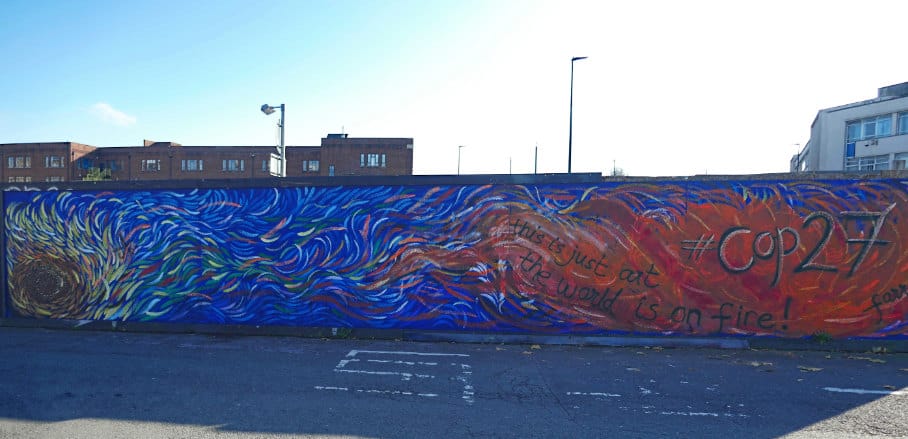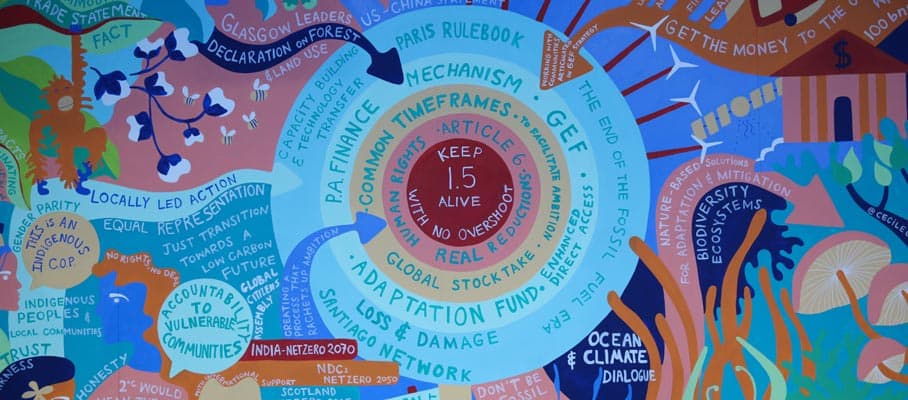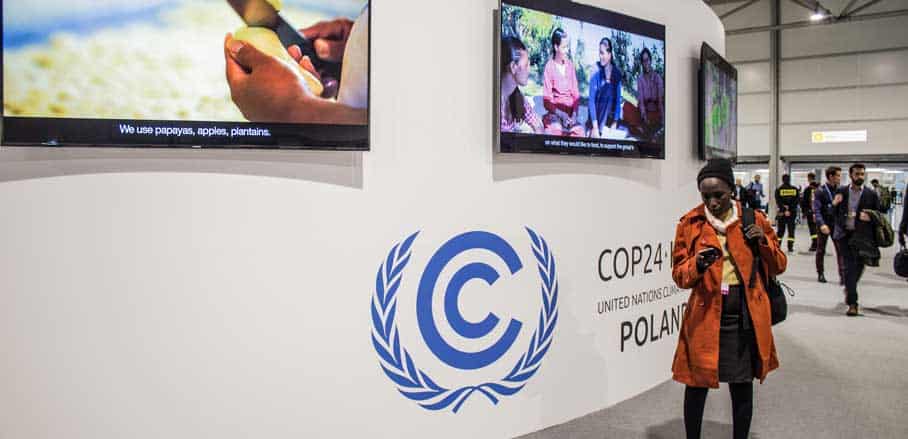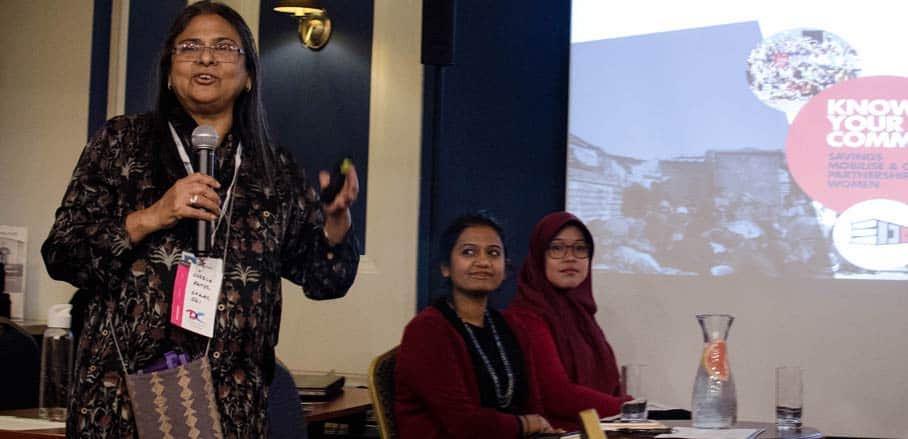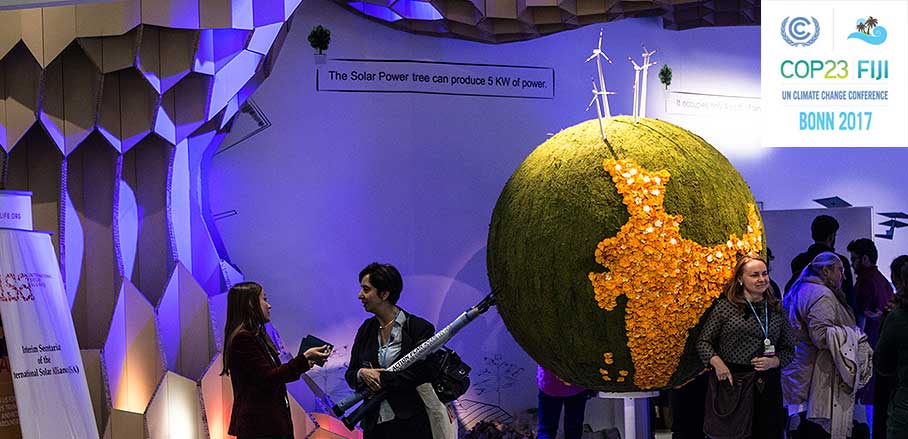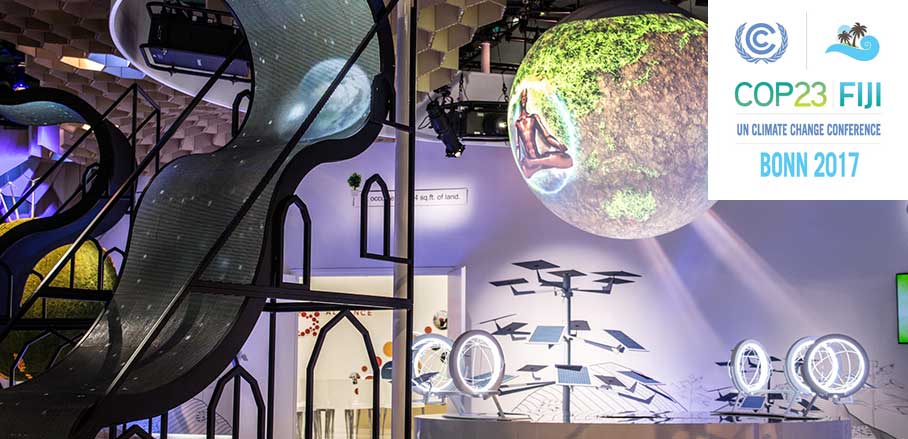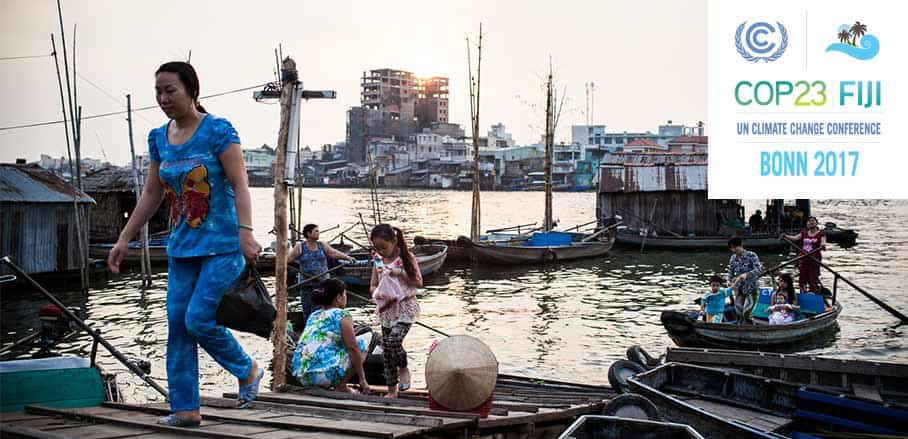COP27: Equipping Today’s Cities for Tomorrow’s Climate Crises
Lou Del Bello reports from COP27 and highlights some of the key topics, such as the war in Ukraine and the Summary for Urban Policymakers. The 2022 United Nations Climate Change Conference was held in Sharm El-Sheikh, Egypt.
